A unique aspect of French education
A unique aspect of the French school system is that all children have access to Maternelle education before Elementary school. Children can join our school from age 3, however, Maternelle School is neither preschool nor a daycare centre, but the first cycle of the French education system in which students follow the French national curriculum. Children learn to socialise and develop independence, knowledge and skills, and build the foundation for becoming bilingual in French and English. Students begin Maternelle in August the year that they turn 3.
Class Structure
The Maternelle currently consists of 3 PS classes, 4 MS classes and 4 GS classes. Each class has one French speaking teacher, one English speaking teacher and one teacher’s assistant.
- PS - La Petite Section de Maternelle - Age 3
- MS - Moyenne Section de Maternelle - Age 4
- GS - Grande Section de Maternelle - Age 5
The Main Objectives in Maternelle
- To provide a daily environment and structure that encourages autonomy in first experiences.
- To establish scenarios in which students can make specific discoveries which will guide them to establishing new ways of interacting with their surroundings. This occurs mainly through playing, verbalisation, experimentation in groups, autonomous exploration, sensory and motor discoveries through on the child’s own terms.
- To encourage learning through workshops that are either completely teacher led, partially teacher led or student led, depending on the learning objectives.
- To socialise and discover the world (in broad terms), and in this way create a foundation for future knowledge acquisition.
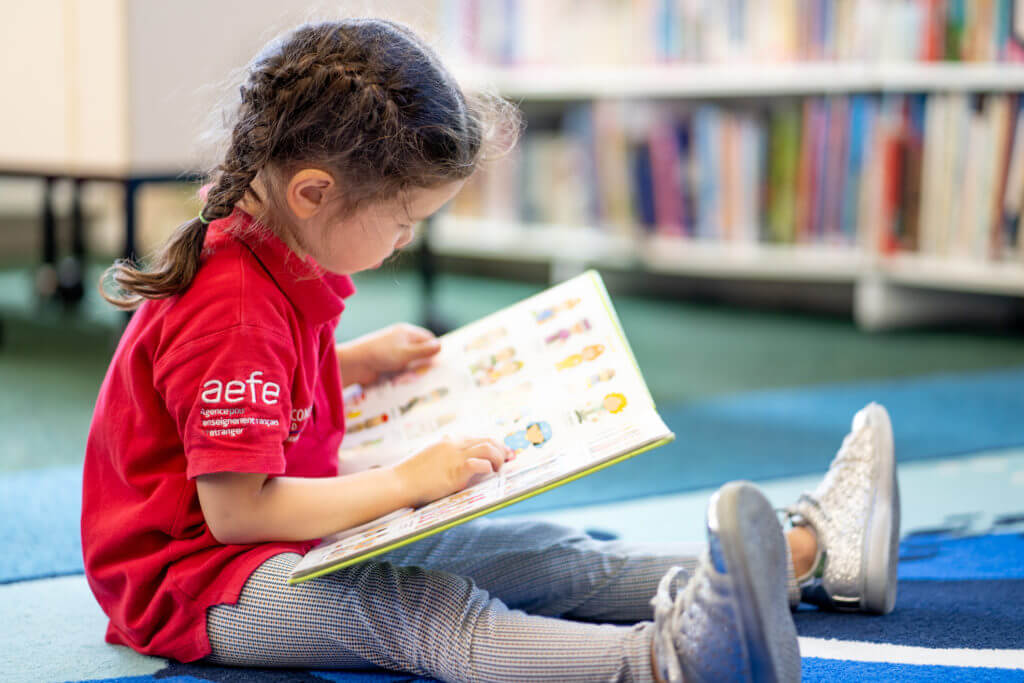
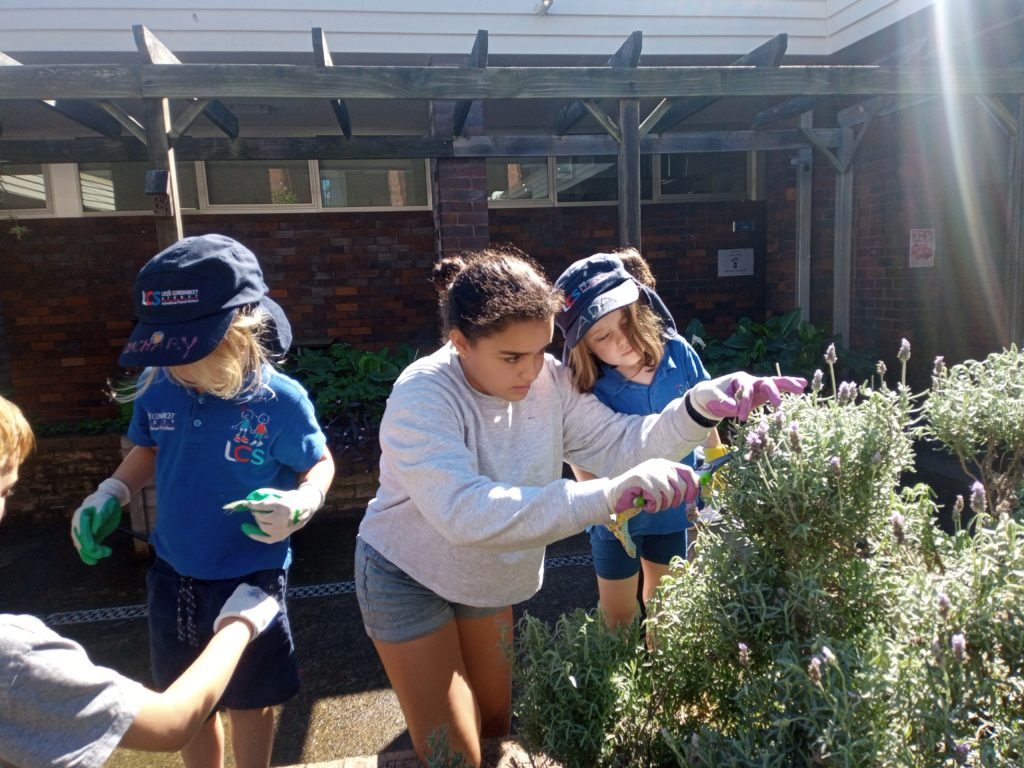
The French Curriculum
The Maternelle curriculum emphasises developing communication and language skills, as well as exploring and discovering the world. Children learn by playing, thinking and solving problems, by practicing, memorising and being reminded. The curriculum is divided into five parts:
- Communication and languages.
- Act, express and understand through physical activities.
- Act, express and understand through artistic activities.
- Construct first tools for developing thoughts.
- Explore the world
Becoming Bilingual
The language of instruction at Lycée Condorcet is French and from Petite Section, the children’s first year of school, they will learn primarily in French. In Petite Section and the second year, Moyenne Section, 70% of instruction is carried out in French, and 30% in English. In Grande Section (Kindergarten), the number of hours of instruction in English is set out by the French national curriculum which includes 1.5 hours of English and on top of that, the students have 5 hours of the NSW curriculum taught in English.
Percentages aside, languages and discovering vocabulary and communication skills are one of the top priorities in Lycée Condorcet Maternelle.
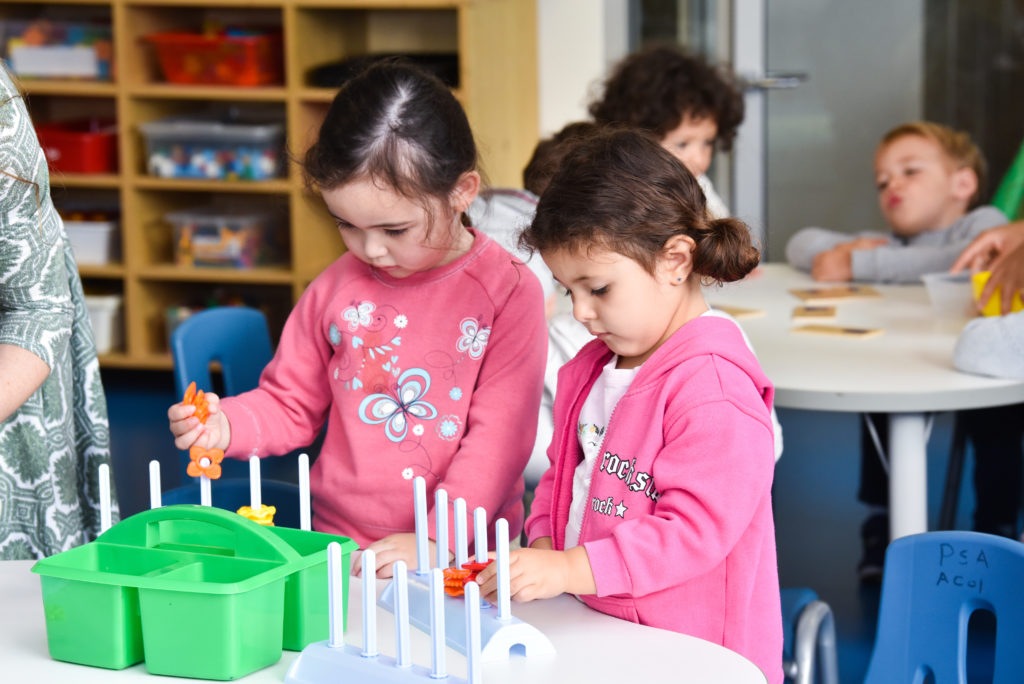
A typical day in PS
The Maternelle differs from other programs offered to children aged three to five in Australia in its structured educational mission and its official Department of Education curriculum. Its aim is to inspire children to go to school to learn, grow and discover their personality and, as such, it is an essential step toward ensuring their future academic success. Because of this ambitious goal, the students attend Maternelle school five days a week, from 8.50 am to 3.15 pm. The curriculum sees the children working towards Early Stage 1 outcomes of the NSW Education Standards Authority (NESA) syllabus in all Key Learning Areas within the French educational framework.
| Time | Activity |
|---|---|
| 8.00 - 8.50 | Children play in the courtyard while parents sign them in |
| 8.50 - 9.05 | Morning welcome, free play in the classroom |
| 9.05 - 9.20 | The children and teachers gather for their morning routines |
| 9.20 - 9.40 | Tools and competence acquired for structuring thoughts, working in small groups and individually |
| 9.45 - 10.15 | Break |
| 10.20 - 10.30 | Gathering, quiet time, toilets |
| 10.30 - 10.50 | Learning about languages and communication - working in small groups |
| 10.50 - 11.00 | Gathering, hands washed |
| 11.00 - 11.45 | Lunch |
| 11.45 - 14.00 | Nap time |
| 14.10 - 14.35 | To act or do, express yourself and understand through physical activity. Learning about languages in all its dimensions |
| 14.35 - 15.00 | Exploring the world |
| 15.00 - 15.15 | To act or do, express yourself and understand through artistic activities (for example listening to music). |
| 15.15 - 15.25 | We look back on the day, we welcome parents. |
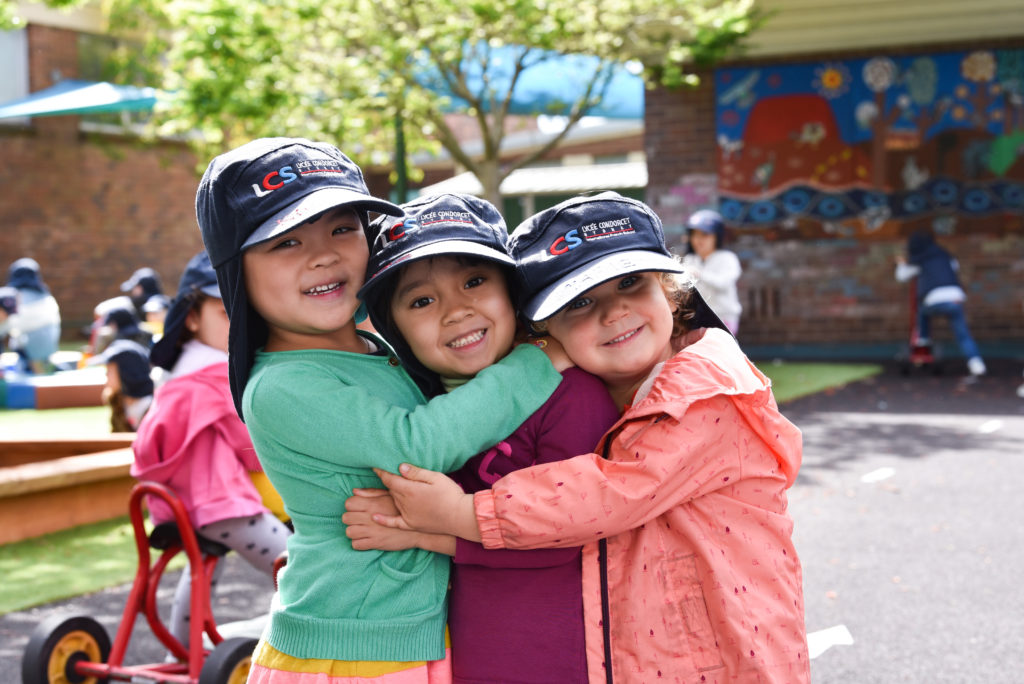
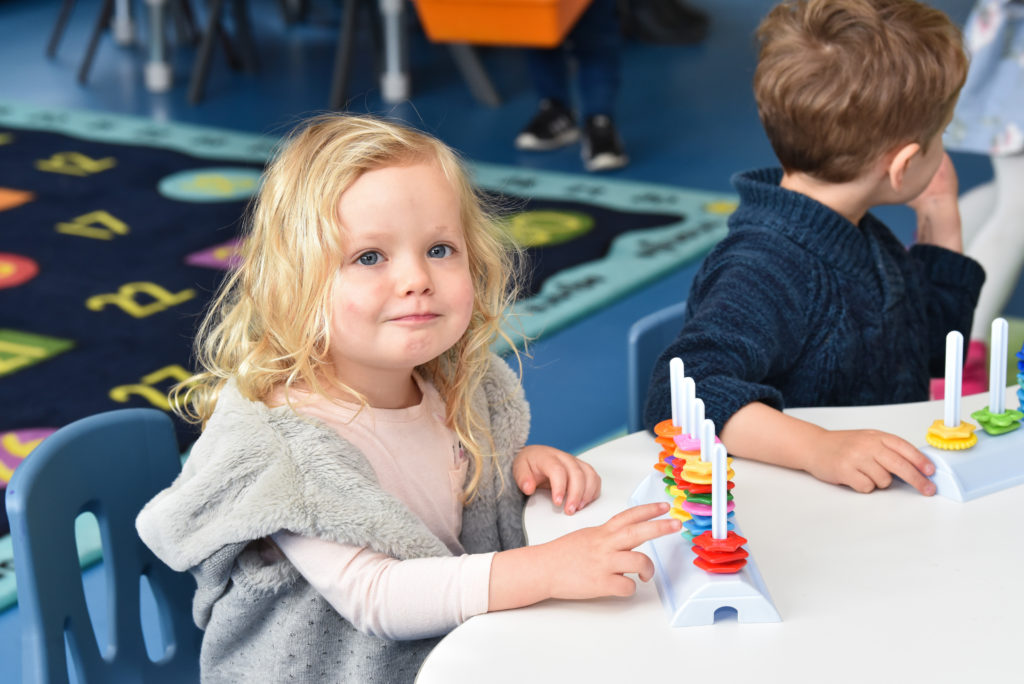
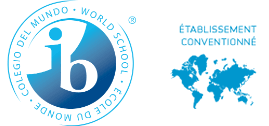
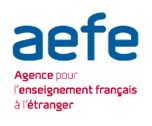


 Facebook
Facebook Twitter
Twitter Pinterest
Pinterest Instagram
Instagram Linkedin
Linkedin